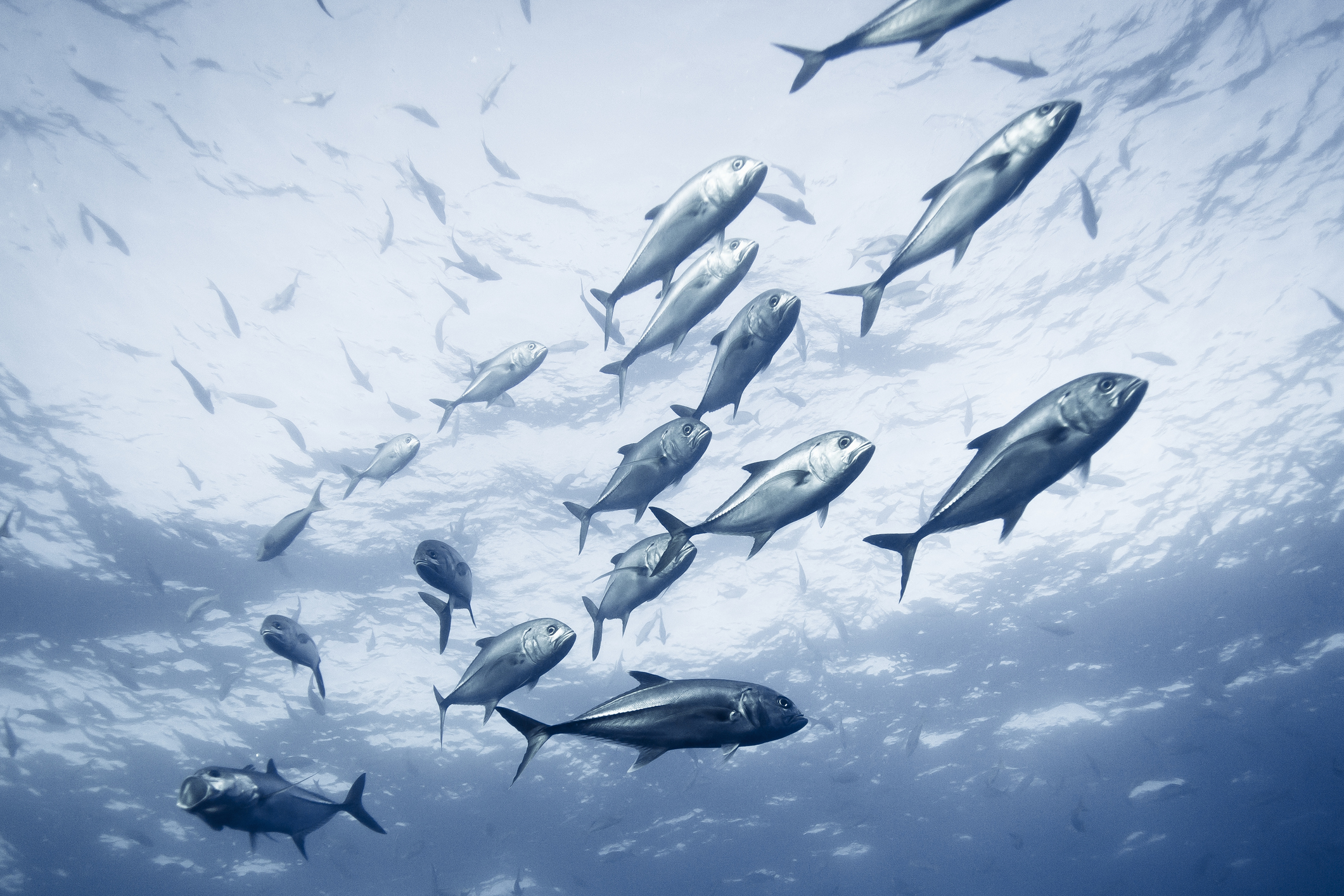
Human activity in the oceans is driving many large species toward extinction, posing a threat to the wider ocean ecosystem, according to new research.
Researchers behind the study, published in the journal Science, looked at fossil records from previous periods to compare the types of animals threatened. In the past, smaller animals tended to face greater extinction risk than their larger counterparts. Today, that has been flipped thanks largely to human fishing and hunting. And the problem has only worsened in recent years as technology has allowed humans to hunt for animals further from the coast and in deeper waters.
“We see this over and over again,” says study co-author Noel Heim, a researcher at Stanford University. “Humans enter into a new ecosystem, and the largest animals are killed off first.”
Read More: An Underwater Investigation of Coral Bleaching in the South Pacific
Researchers note that climate change is not the primary driver of mass extinction in the oceans.
The threat to large animals could create problems for the ocean ecosystems that rely on large animals as their anchor. Large animals sit at the top of the marine food chain help cycle nutrients through the water, according to the study.
On a broader scale, the extinction of large marine mammals could lead to a new geological period defined by human influence. The ecosystems would take millions of years to recover, according to the study.
More Must-Reads from TIME
- Why Trump’s Message Worked on Latino Men
- What Trump’s Win Could Mean for Housing
- The 100 Must-Read Books of 2024
- Sleep Doctors Share the 1 Tip That’s Changed Their Lives
- Column: Let’s Bring Back Romance
- What It’s Like to Have Long COVID As a Kid
- FX’s Say Nothing Is the Must-Watch Political Thriller of 2024
- Merle Bombardieri Is Helping People Make the Baby Decision
Write to Justin Worland at justin.worland@time.com